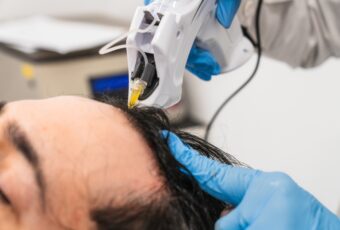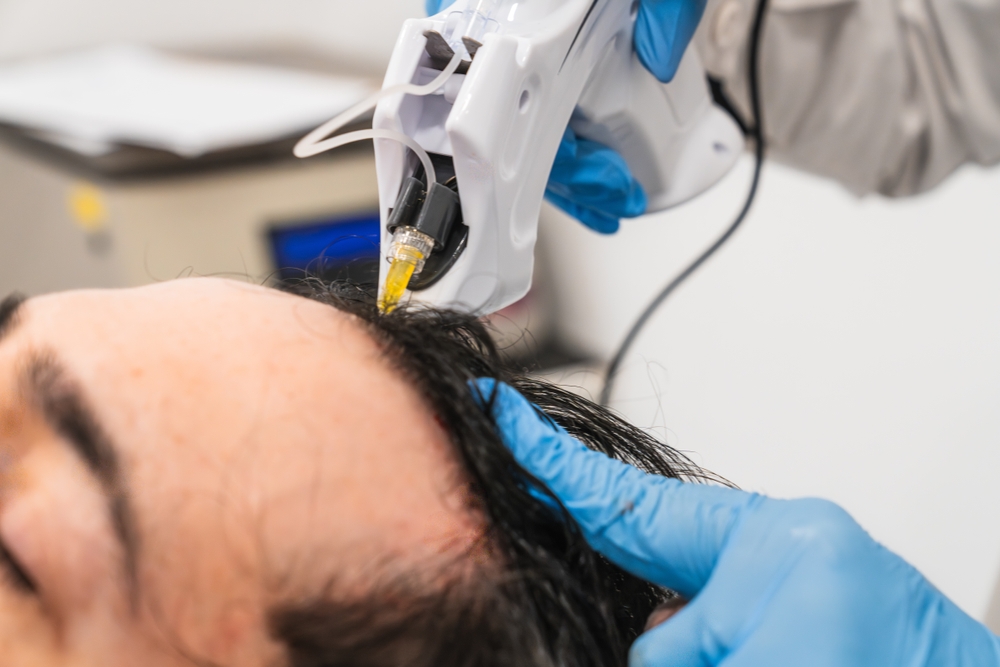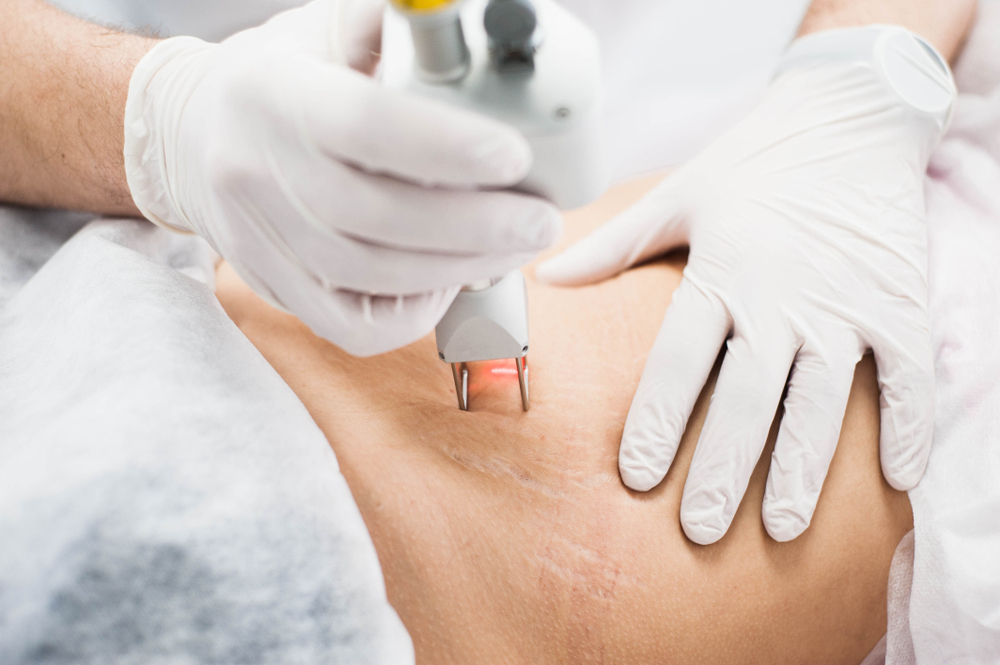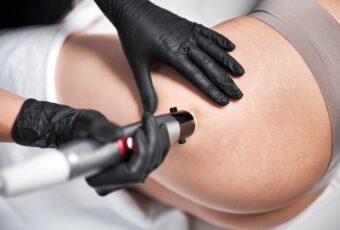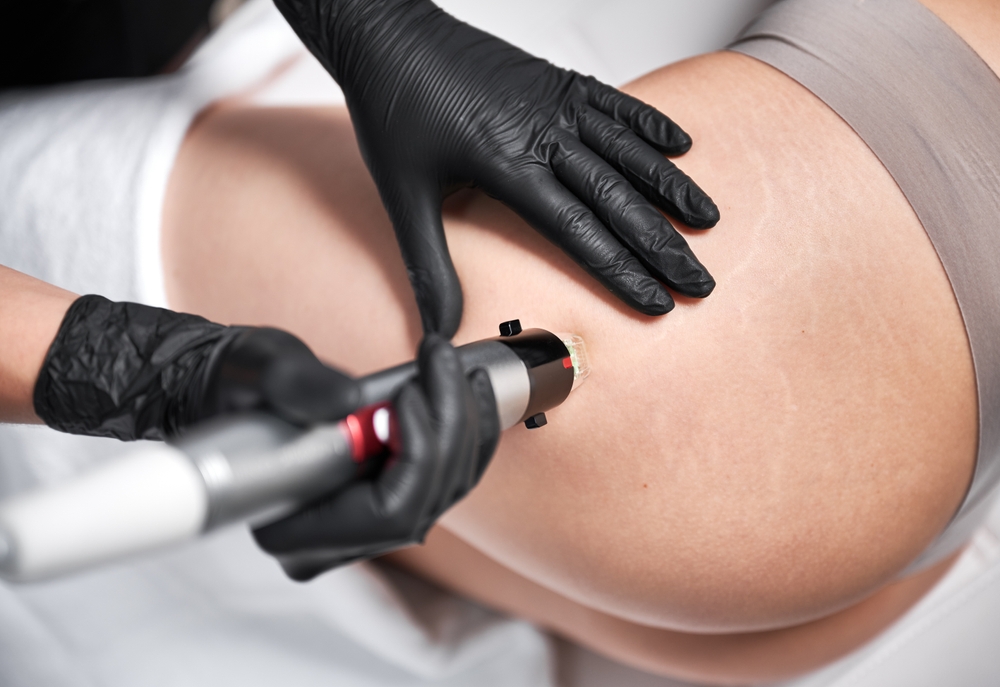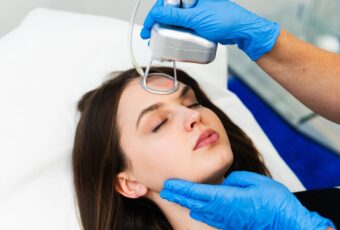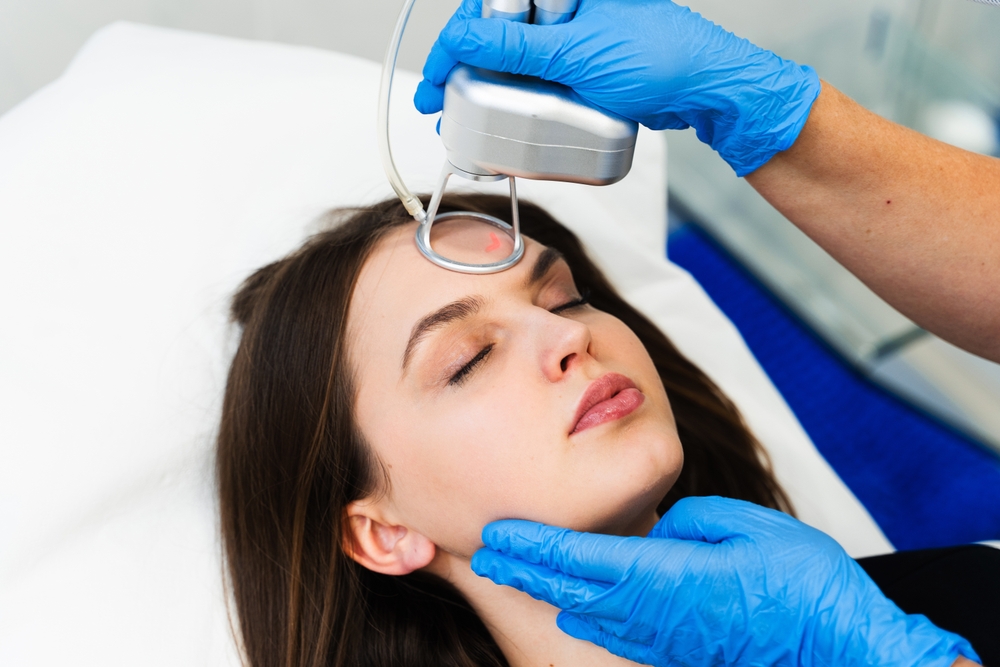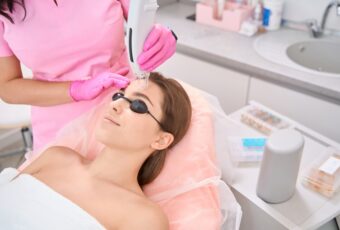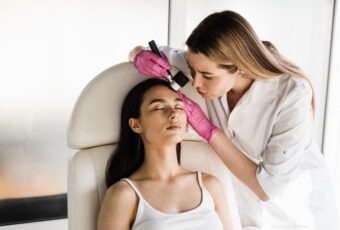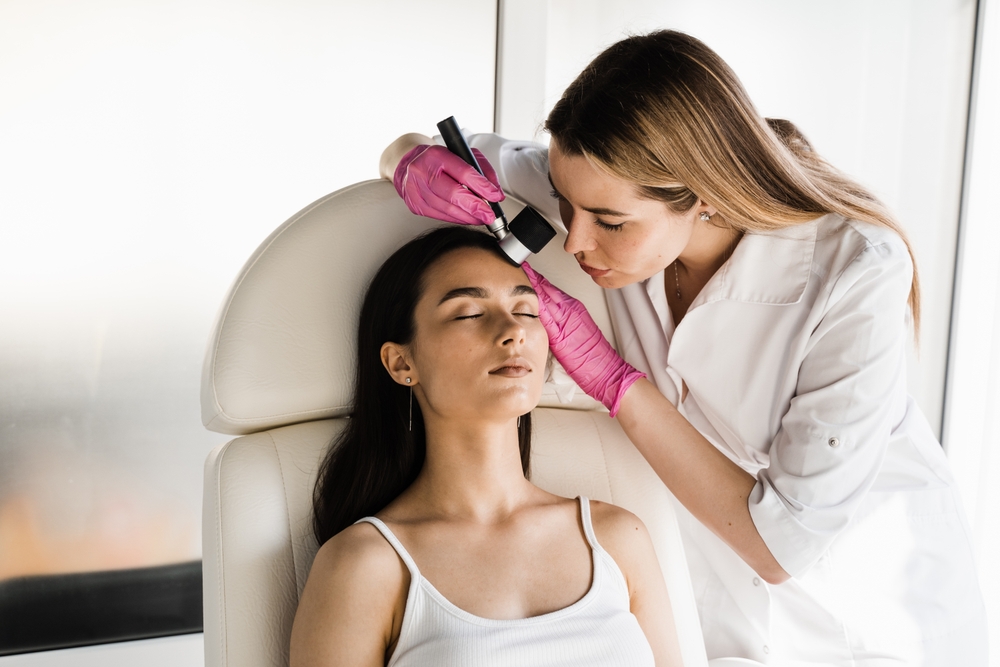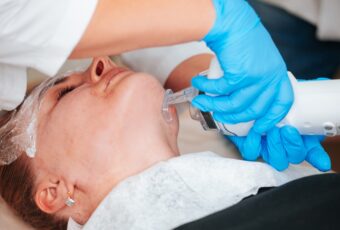
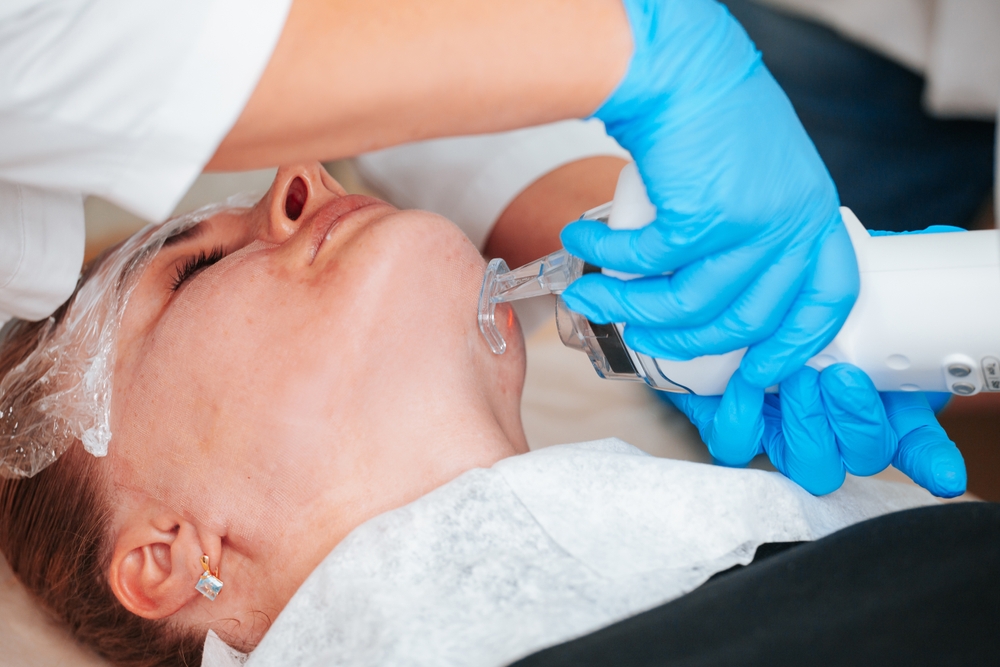
If you’re researching laser treatments near Boston, chances are you want smoother skin, improved texture, and results that actually last.
Modern laser technology does far more than target surface imperfections. Today’s advanced treatments work beneath the skin to stimulate collagen production, creating firmer, more youthful-looking skin over time.
Understanding how laser treatments support long-term skin health can help you make a confident decision about your next step.
How Laser Treatments Near Boston Stimulate Collagen
Collagen is the structural protein responsible for skin firmness and elasticity. As we age, collagen production naturally declines, leading to fine lines, wrinkles, uneven texture, and mild skin laxity.
One of the biggest advantages of laser treatments near Boston is their ability to trigger controlled micro-injuries beneath the surface of the skin.
This process activates your body’s natural healing response, encouraging new collagen and elastin production. Over several weeks, skin gradually becomes smoother, tighter, and more even.
Unlike topical treatments that only address the outer layer, laser procedures improve skin from within.
What Skin Concerns Can Laser Treatments Address?
Patients often seek laser treatments for a wide range of cosmetic concerns. These treatments can improve:
- Fine lines and wrinkles
- Sun damage
- Uneven pigmentation
- Acne scars
- Enlarged pores
- Mild skin laxity
- Rough texture
Because lasers can be customized to your skin type and concerns, they offer versatile solutions for both early signs of aging and more advanced skin changes.
What to Expect During Treatment
When considering laser treatments near Boston, it helps to understand what the process involves.
During your consultation, your dermatologist will evaluate your skin and recommend a specific laser platform tailored to your goals.
Treatment sessions typically last 30 to 60 minutes, depending on the area being addressed. Some patients experience mild warmth or tingling during the procedure.
Afterward, temporary redness or swelling may occur, similar to a mild sunburn. Downtime varies depending on the intensity of the laser used.
Your provider will also recommend post-treatment skincare to protect your results and support healing.
How Long Do Results Last?
One reason patients choose laser treatments is the longevity of results. Because collagen remodeling continues for weeks after treatment, improvements often become more noticeable over time.
Many patients see visible changes within several weeks, with continued improvement for up to three to six months. Maintenance sessions may be recommended depending on your skin goals and the specific laser used.
Protecting your skin from sun exposure and following a customized skincare regimen can extend and enhance results.
Are Laser Treatments Right for You?
Ideal candidates for laser treatments near Boston are individuals looking to improve skin tone, texture, or firmness without surgery. During your consultation, your dermatologist will assess:
- Skin type
- Current skincare routine
- Medical history
- Specific aesthetic goals
Laser treatments can often be combined with other procedures, such as microneedling or injectables, for comprehensive rejuvenation.
A personalized approach ensures both safety and optimal outcomes.
Where to Find the Best Laser Treatments Near Boston?
If you’re exploring laser treatments near Boston, choosing an experienced dermatology provider is essential.
Advanced laser technology requires skilled evaluation and precise customization to achieve safe, effective results.
Many patients appreciate that laser treatments can be adjusted in intensity, allowing for either subtle refreshment or more dramatic resurfacing.
This flexibility makes Laser treatments near Boston suitable for busy professionals seeking noticeable results without extended downtime.
Book Laser Treatments Near Boston at Vibrant Dermatology
At Vibrant Dermatology, patients receive personalized consultations and evidence-based treatment plans designed to stimulate collagen and improve overall skin health.
Our team focuses on delivering natural-looking results tailored to each individual’s goals.
Call Vibrant Dermatology at 617-250-0257 to speak with an experienced member of our team or schedule your appointment online and learn more about the available options in our Milton or Dedham, MA, offices.

